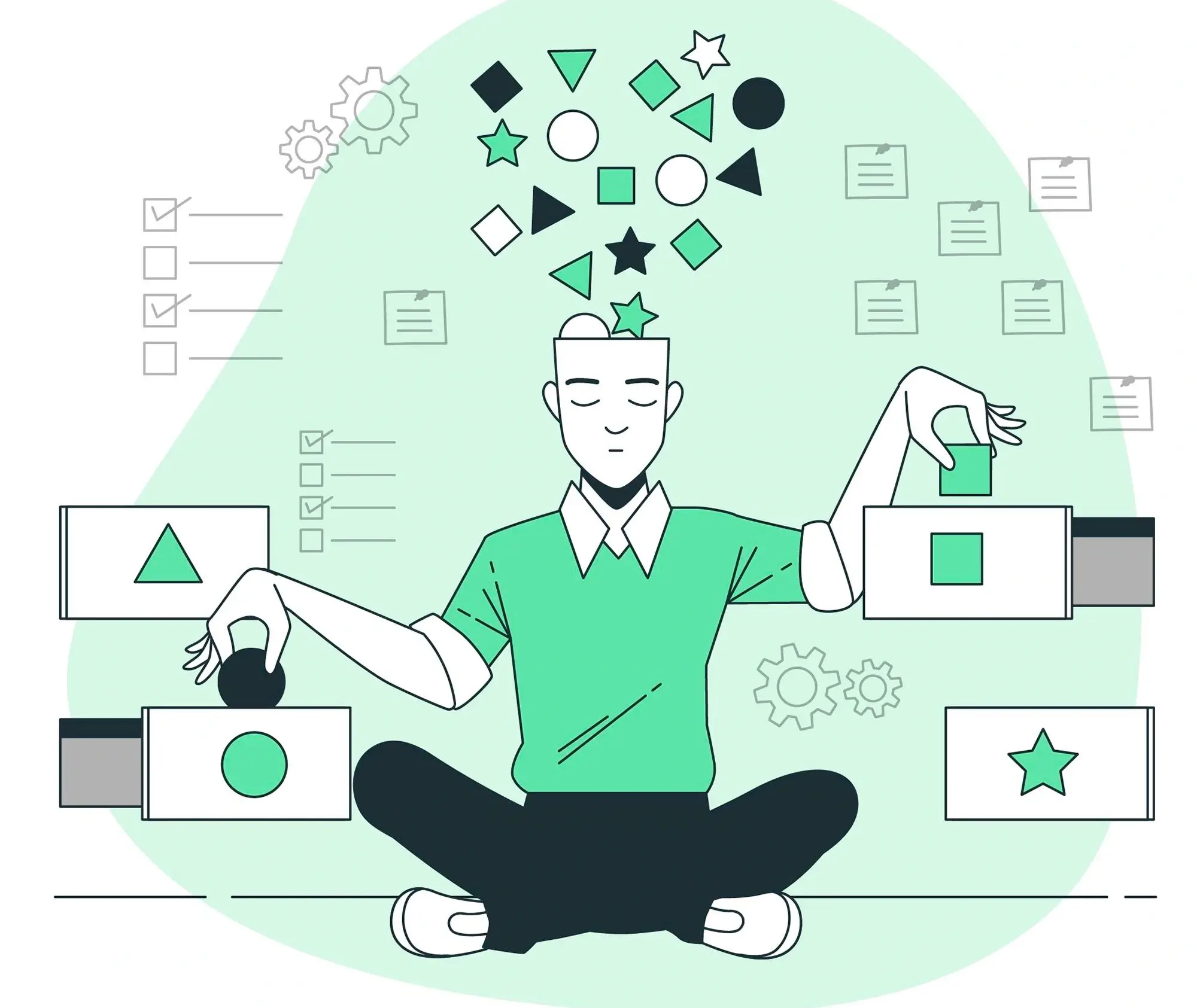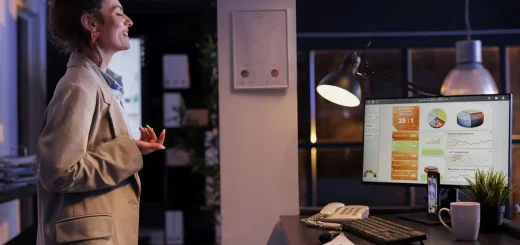Beyond Motivation: How Self-Regulation Fuels Student Success

Motivation is a powerful force in learning, but it often fades over time. Many students start a class with a lot of interest but find that their enthusiasm diminishes. But that’s just it: motivation itself isn’t enough as a sole strategy. True academic success is the result of self-regulation, which involves the capacity to control behaviors, manage emotions, exercise discipline, maintain organization, set goals, prioritize tasks, and follow through.
Without this skill, students flail. Educators, parents and schools frequently focus on the “why” of learning but not enough on the “how. To be successful academically, particularly in self-directed course delivery formats, students need to understand the concept of self-regulation.
Understanding the Limits of Motivation
Motivation is a feeling. It fluctuates based on mood, environment, and even time of day. Students might feel pumped after watching a motivational video or listening to an inspiring speech, but that feeling rarely lasts. Studies show that relying only on motivation leads to inconsistency and burnout. Motivation helps start a task, but it doesn’t guarantee completion. A student might begin studying with enthusiasm but abandon the effort when faced with difficulty. The science tells us that what separates high achievers from others isn’t how often they feel motivated — it’s how they act when they don’t.
Why Self-Regulation Outperforms Raw Drive
Successful learners understand one thing: it’s not about feeling ready; it’s about being prepared. Self-regulation involves deliberate actions — setting clear goals, breaking tasks into chunks, managing time, and monitoring progress. These strategies work regardless of emotional highs or lows. A student with strong self-regulation knows how to push through distractions, fatigue, or boredom. This matters even more in environments where structure is minimal, such as with online education degrees. These programs offer flexibility, but they demand discipline. Without a classroom setting and scheduled sessions, students must rely on their internal systems — not just bursts of inspiration.
The Psychology Behind Self-Regulation
Self-regulation draws on executive functions in the brain — planning, working memory, and cognitive flexibility. When students train these functions, they build habits that support learning even under stress. Psychologist Roy Baumeister coined the idea of “ego depletion,” where willpower acts like a muscle that tires with use. But habits reduce that mental strain. When self-regulation becomes automatic, students don’t waste energy deciding what to do next. They follow routines that protect focus and reinforce progress. This psychological framework helps students stay consistent even when motivation dips. It’s not magic — it’s a mental process that anyone can train.
Setting Clear Goals with Realistic Plans
Goals without plans are just wishes. Many students aim for high grades or graduation but don’t map out how to get there. Effective self-development starts with breaking large goals into manageable steps. For example, instead of saying, “I want to pass this course,” a student might plan to study 30 minutes every morning and complete one module per week. This kind of clarity builds momentum. Small, consistent wins replace the need for constant motivation. Students who track their progress tend to stick to their schedules, feel more in control, and experience fewer setbacks. Planning turns intentions into achievements.
Creating Learning Environments That Support Focus
Environment shapes behavior more than we realize. A cluttered desk, noisy background, or constant phone notifications can derail even the most determined student. Self-regulated learners design their spaces for focus. They know how to eliminate distractions and signal to their brain that it’s time to work. This might mean setting a study timer, putting the phone on silent, or using apps that block social media. Even lighting and posture affect productivity. When the environment supports focus, students don’t need to wrestle with willpower as much. They create conditions where discipline feels easier and learning becomes more enjoyable.
Building Routines That Reinforce Discipline
Routines simplify decisions. When students develop consistent study habits, they free up mental energy for the actual work instead of debating what to do next. A routine might include a morning review session, scheduled breaks, or a nightly check-in to assess progress. Over time, these patterns create a rhythm that keeps students grounded. Instead of waiting for motivation to strike, they rely on these rituals. The key is starting small and sticking with it until the behavior becomes automatic. Once routines settle in, students spend less time procrastinating and more time engaging with the material, steadily moving toward their goals.
Using Feedback as a Self-Regulation Tool
Feedback is not just a performance review; it’s a powerful tool for self-regulation. When students learn to see feedback as guidance instead of judgment, they grow faster. They begin to ask: What worked? What didn’t? What can I do better next time? This mindset turns mistakes into learning opportunities. Teachers, peers, and self-assessments all provide valuable input that can refine strategies. The most successful learners use feedback to adjust their methods, not question their abilities. Instead of feeling discouraged by setbacks, they analyze them. This self-awareness fuels continuous improvement and helps learners stay on track even when challenges arise.
The Role of Emotional Control in Learning
Emotions often drive behavior, especially during high-stress academic periods. Anxiety before exams, frustration with difficult concepts, or boredom during long readings can all disrupt focus. Self-regulated learners understand how to recognize and manage these emotions. They might use mindfulness techniques, deep breathing, or quick resets like a walk or water break to regain control. Emotional regulation doesn’t mean suppressing feelings — it means responding constructively. When students stay calm under pressure, they make better decisions, retain information more effectively, and avoid spiraling into stress-based procrastination. Managing emotions builds mental resilience, a key trait for sustained academic success.
Motivation might spark the desire to learn, but self-regulation keeps the fire burning. It’s the difference between short bursts of effort and long-term success. From creating routines to managing emotions, setting goals to using feedback, self-regulation turns learning into a deliberate, controlled process.
As education becomes more self-directed, especially in flexible models like online education degrees, mastering these skills becomes essential. Students who learn to regulate their actions don’t depend on fleeting inspiration. They build habits, strategies, and systems that guide them through both the easy and difficult moments. In education, motivation starts the journey, but self-regulation gets you to the finish line.










![How US Small Business Owners Can Prepare for Unexpected Expenses [2026 Guide]](https://mymanagementguide.com/wp-content/uploads/2026/02/small-business-loans-guide-80x80.webp)



